Aimee, 18, is a young rapper with cerebral palsy. She became homeless in the middle of winter following a family breakdown. She was placed in a homeless hostel before being referred to Centrepoint where she has been given a self-contained flat and supported to develop independent living skills and advocate for herself.
Being young and disabled
Aimee was always raised to be independent. When she was younger, she often would help to look after her younger siblings and never let her disability get in the way. She walks with a walking frame but doesn’t let that stop her from doing what she wants to do.
“I’m very reluctant to get in a wheelchair,” she asserts. “It takes my dignity away. Sometimes I forget that I’m disabled and then I’ll walk past a mirror and see that I’m walking funny. I despise it when people see the frame before they see me because it doesn’t define me.”
Becoming homeless
Aimee became homeless following a family breakdown. It was winter and bitterly cold. The landlady at her local pub let her stay there for the night whilst she found somewhere else.
She was referred to an emergency hostel but it was inappropriate for her needs. It was up a number of flights of stairs and she was placed with vulnerable adults. She was there for three weeks and it had a detrimental impact on her health.
“I suffer from seizures,” says Aimee. “During my time at that hostel, I had multiple seizures brought on by the extra stress I was under. It was not a good place for me.”
Supported by Centrepoint
Aimee’s college welfare officer helped to advocate for Aimee and eventually she was referred to Centrepoint where she was offered a self-contained flat. It was a safe, secure space and close to her best friend and carer who could come in and help her.
As the service hadn’t housed someone with Aimee’s needs before, her key worker Jay helped Aimee to ring medical professionals and occupational therapists to request adaptations and equipment round the home to help her. He’s also helped her to communicate with other external agencies so she can get appropriate rehoming support.
“We’ve never had someone with mobility issues here before so it was all new for us,” he reflects. "I didn’t expect her to say yes to the place because it had stairs, but she had been through such an ordeal and she was happy to have her own safe space and I’ve been able to support her with her mobility needs.”
Jay says he's gained a great deal from working with Aimee.
“I have learnt a lot from her and how to work with someone with her needs whilst allowing her to be independent and to make her own decisions. She’s just amazing and I’ve loved supporting her on her journey into independence.”
For Aimee, having support to learn new skills was invaluable.
“I’m a very independent person when I live with people, but I’d never lived on my own before so I never had responsibility of bills or shopping. It was a shock to the system, but Jay was there to support me, give me guidance and help me to build those independent living skills.”
“He’s been an absolute legend really,” she laughs. “I really appreciate everything he’s done to support me. He checks in on me regularly to see if there’s anything he can do or anything I need. He’s helped me to advocate for myself.”
A love of music, writing and performing
Aimee has been writing lyrics since she was a young teenager. Because of her disability, she couldn’t go out and play like the other children so she would spend her time writing. It gave her a creative outlet where she could express her opinions.
“Without the disability, I don’t think I would write music. I couldn’t go and play out because I’d be too tired for school so I just used to write lyrics in my bedroom. I treat music a bit like a boxer treats boxing, it lets off steam and that’s why I try and make my lyrics as raw and as true as possible.”
Aimee works part time at a youth club where she helps vulnerable young people write lyrics and perform.
“I work with young offenders, victims of child abuse and other young people who have been let down by society," she explains. I teach them how to write lyrics and how to perform in front of an audience. It gives me a focus and it feels good knowing that something that I can do can impact a person’s life so positively.”
The future
Aimee hopes that her music will continue to go from strength to strength and that she continues to perform and to support vulnerable young people.
She has just finished college where she was studying business and law and hopes to go to university to train to be solicitor.
“I want to put some justice in the world; do my bit for the justice system,” she laughs.
Getting her own place
Recently, Aimee has been viewing council properties with Jay. “This could be the happy ending we’ve been waiting for,” Jay says. “That she is able to move on into a permanent place that is well set up for her needs.”
She went to see a ground floor flat and has decided to take it.
"It's just perfect," she says, "It's on the ground floor in a nice neighbourhood and it has a garden and a patio! It also has an adapted shower and no stairs so it will be so much easier for me. I’m so excited to move into my own place. They allow pets so I’ll be able to get my dog back and I can decorate it how I like it. Now I’ve finished college, I’m upping my hours at work and it’s really close to the youth club so it’s just brilliant.”
We think Aimee is such an inspiration and have a feeling she is destined for big things we couldn't be happier for her.
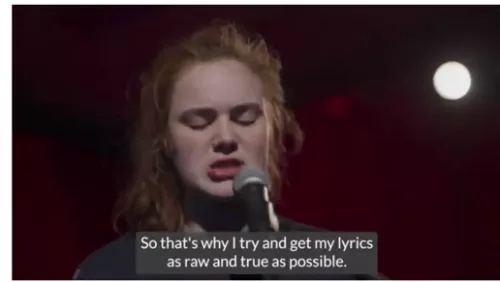
Watch Aimee's video

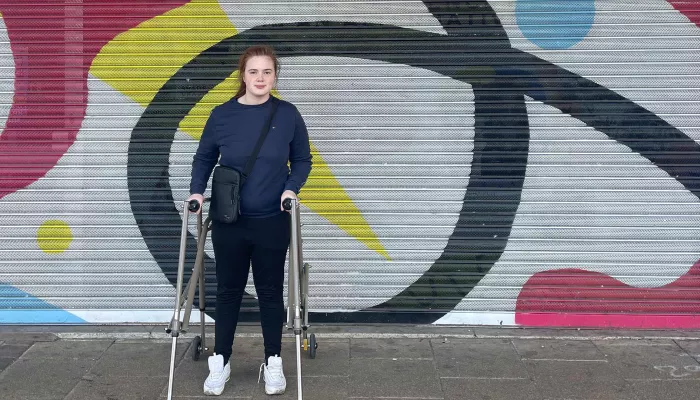
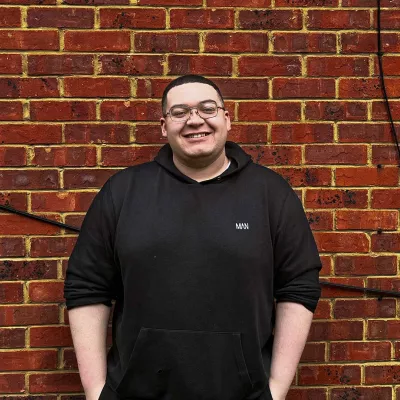 Tamsin Clements
Tamsin Clements
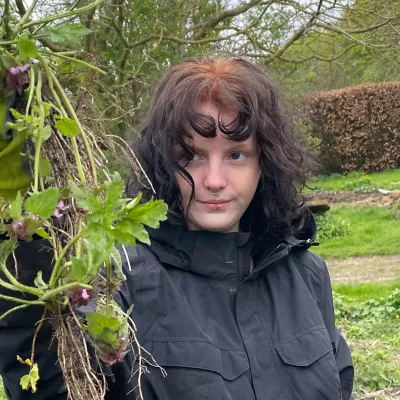 Tamsin Clements
Tamsin Clements
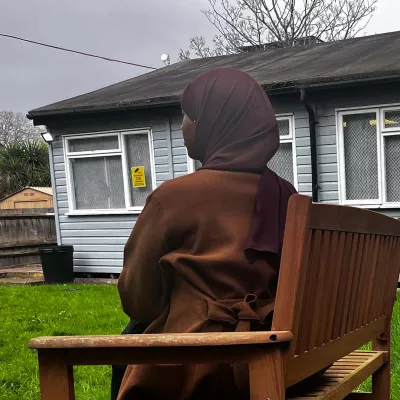 Tamsin Clements
Tamsin Clements